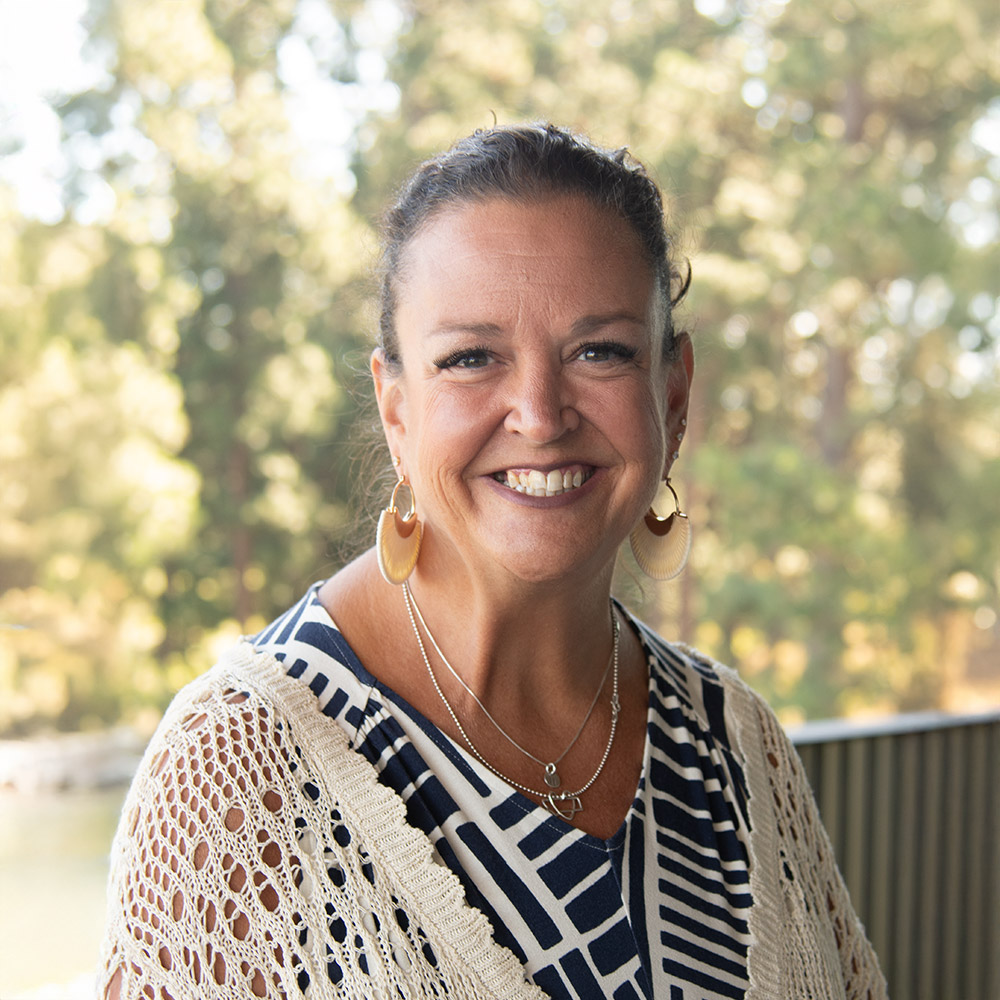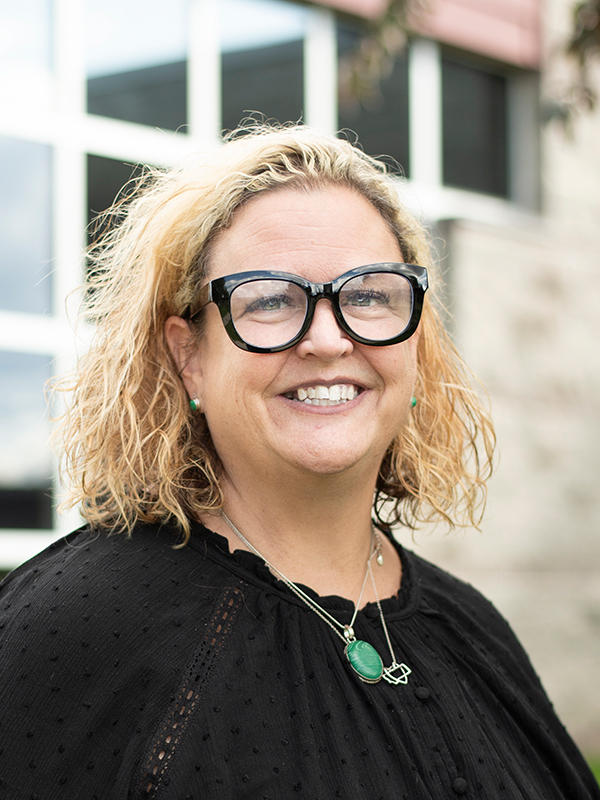Early Childhood Education (AAS, Transfer)
Early Childhood Education at FVCC prepares you to meet an essential community need: safe, reliable, high-quality care and learning for children from birth through age 8. Through strong partnerships with Flathead Valley providers and schools, you’ll build developmentally appropriate, inclusive, professional practice with immediate, hands-on experience in real classrooms and childcare settings. You can often complete practicums at your licensed workplace; most courses meet in the evening and many related-instruction classes are online for added flexibility.
Students can choose from three options:

I get hands-on field work which gives me the opportunity to work with kids and see if I'm a good fit for this type of work. My instructor goes above and beyond to make sure I'm going to get through it and it's not too stressful.
Chanelle Kylander
Early Childhood Education Student

This program is built on strong partnerships with local childcares and schools to meet the demands of today's classrooms. It takes a special person to shape the minds of young children and our program ensures you are very well prepared for that vital, meaningful work.
Dr. Eliza Thomas
Associate Professor, Director of Early Childhood

Eliza Thomas
Associate Professor, Education Director of Early Childhood Division Chair, Social Science
